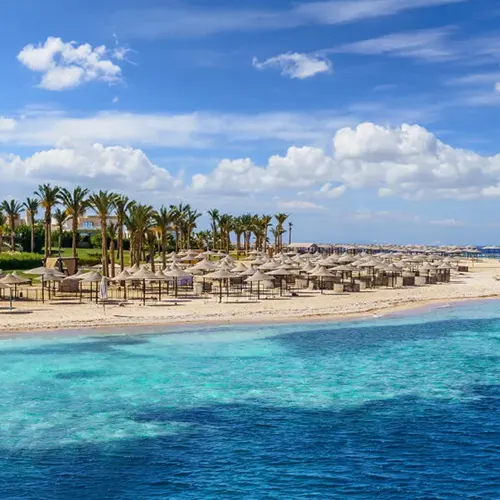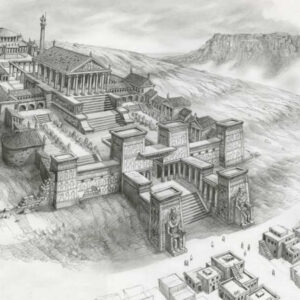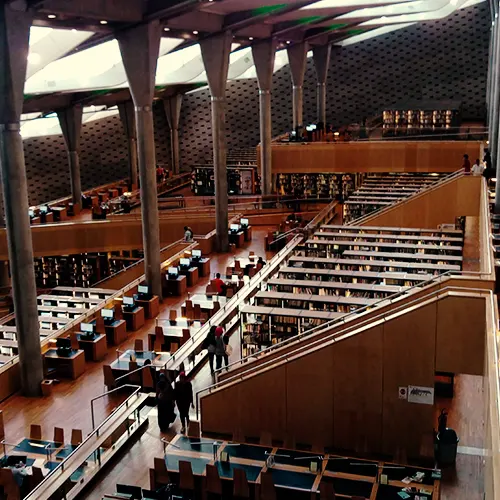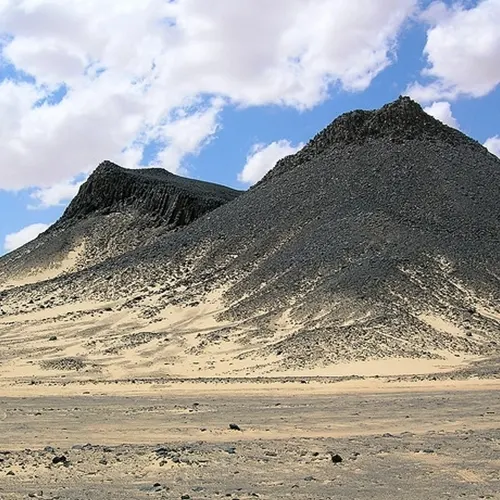
Throughout ancient history, Alexandria was known as a center for learning and melting different cultures because it houses the library of Alexandria or Bibliotheca Alexandrina the most famous destination for students in the ancient world.
It is important to be referred that there are two libraries of Alexandria libraries (the ancient library of Alexandria – the modern library of Alexandria).
The ancient Bibliotheca Alexandrina During the Ptolemaic period, Ptolemy II built the ancient Alexandria Library. This library contained many books in different specialties, so it became the main destination of many science students in the ancient world. It is said that it houses about 700,000 books, as it contained books from the ancient Egyptian and Greek civilizations, as well as, the library obligated its scholars to leave a copy of their writings in the library. This led to making this library very rich with books in several specialties and from different cultures.

Some of its students were Euclid and Archimedes. This library was divided into three parts the original library or the Muses, the smaller library, and the book store.
It was a public library, in contrast to the libraries of temples at that time, which were accessed only for priests of temples.
Unfortunately, the ancient Library of Alexandria was destroyed during the attack of Julius Caesar and Cleopatra VII against Ptolemy XIII in 48 BC, where the ships in Alexandria port were burned by Caesar and this fire spread to the library.
The modern Bibliotheca Alexandrina The modern Bibliotheca Alexandrina was built on the 16th of October 2002 when Lotfy Dowidar and the Egyptian Government asked UNESCO to revive the ancient Library of Alexandria.
The library is surrounded by a great wall, decorated with the letters and signs of 120 languages, referring to the wealth of knowledge in that building. This wall is made of the granite of Aswan.

- The Antiquities Museum
It is considered the first archeological museum to be situated within a library. The museum collection displays the ancient history of Egypt from the ancient Egyptian civilization to the Roman period. Part of the museum collection is displayed under the water of the Mediterranean Sea.
The museum texts are written in three languages (English, Arabic, and French). - The Manuscripts Museum
This museum distinguishes with housing the largest collection of digital manuscripts in the whole world. It provides digital access to more than 6,000 rare books, maps, and documents. - The Sadat Museum
This museum contains many personal belongings of the Egyptian president Anwar Al Sadat, as his Nobel Prize medal and his military robe stained with blood, which he wore on the day of his assassination. - The History of Science Museum
- The Arts and Multimedia Library/li>
- The Taha Hussein Library for the visually-impaired This library is named with Taha Hussein Library because its materials are specially designed for blind and visually impaired people. These materials enable them to read books.
- The Children’s Library
- The Young People’s Library
- The Exchange and Archive Section
- The Rare Books and Special Collections Library
- The Planetarium Science Center
- Culturama: It is a patented nine-screen interactive technology created by the Egyptian Center for Documentation of Cultural and Natural Heritage (CULTNAT) in 2007. Culturama allows the library to inform information that could never have been displayed by traditional displaying methods. Culturama exhibits three times from Egyptian history (Ancient Egyptian Period – Highlights of Islamic Civilization – Modern Egypt).
The new library of Alexandria seeks to revive the old library approach, as it is dedicated to recapturing the spirit of openness, spreading culture, and acting as a public research center.



